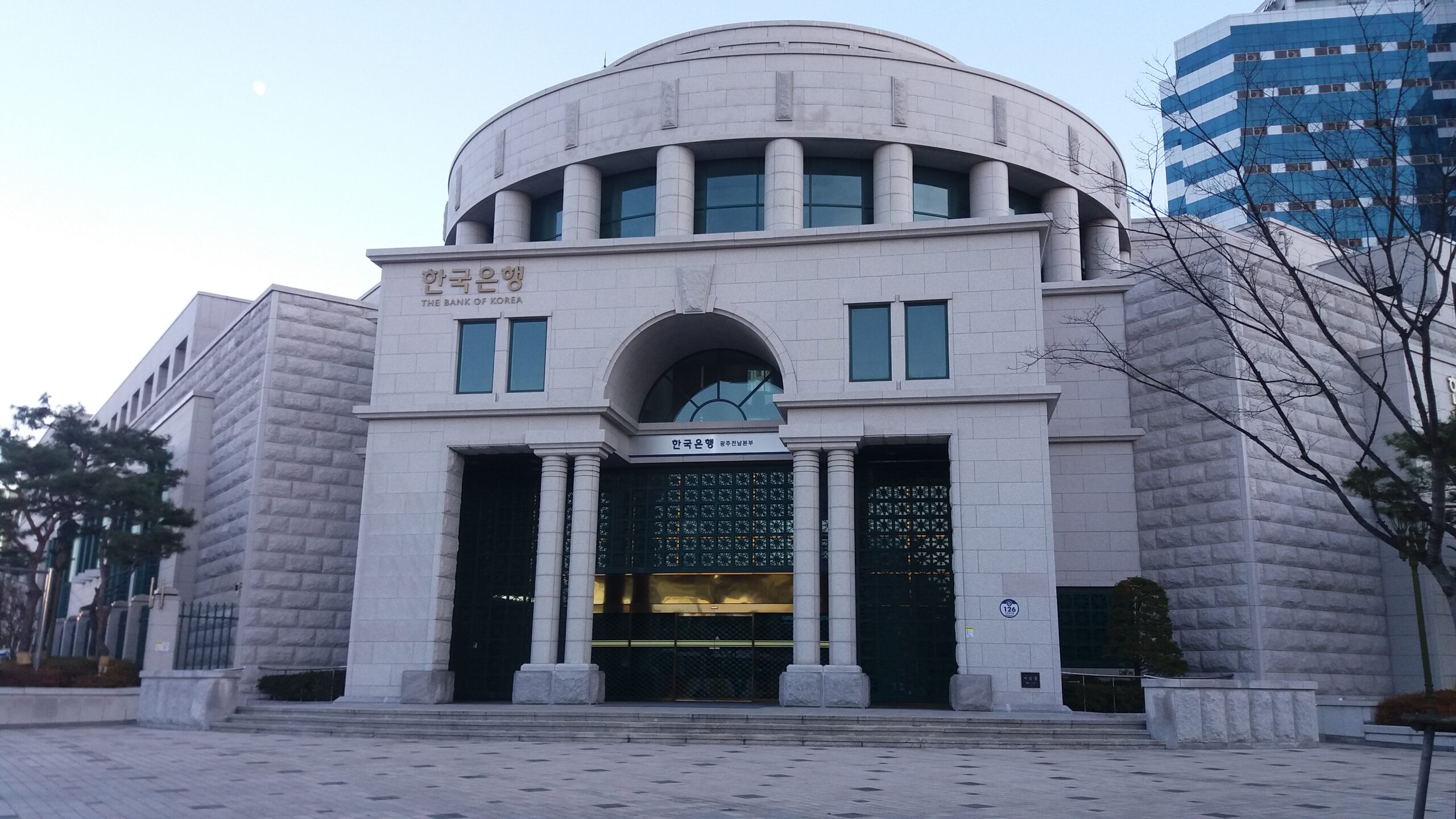
The Bank of Korea (BOK) has cut its benchmark interest rate to 2.75% from 3%, marking the lowest level since August 2022. This decision, announced on Thursday, represents the third rate cut in four meetings. The move comes as the central bank aims to stimulate South Korea’s slowing economy, which has been hampered by weak consumption and a sluggish construction sector.
Economists polled by Reuters had anticipated this rate cut, which saw a reduction of 25 basis points. Despite inflation climbing to a six-month high of 2.2% in January, it remains close to the BOK’s target of 2%, providing some leeway for monetary easing. The South Korean economy has struggled to gain momentum, with the GDP growth in the fourth quarter registering a mere 1.2%, the slowest expansion in six quarters.
Political Uncertainty Adds to Economic Challenges
The decision to lower rates comes during a period of heightened political uncertainty in South Korea. The country’s Constitutional Court is set to hold its final hearing on Tuesday concerning the impeachment trial of President Yoon Suk Yeol. This political turmoil has contributed to recent volatility in the South Korean won, although Min Joo Kang, a senior economist at ING, noted that the excessive weakness has begun to subside.
While there have been concerns about the potential impact of a weaker won on foreign capital flows, Citi has assessed a “limited negative impact” on South Korea’s financial industry. Furthermore, the rate spread between the U.S. dollar and the South Korean won has not resulted in significant bond capital outflows, providing some respite for the economy.
The BOK’s efforts to bolster economic growth come amid broader challenges facing South Korea. The construction and consumption sectors have been notably sluggish, prompting the central bank to take decisive action to spur activity. Despite these challenges, the country’s inflation remains relatively stable, aligning closely with the BOK’s target.
The global economic landscape continues to exert pressure on South Korea’s economy. However, with this latest rate cut, the BOK is signaling its commitment to supporting domestic growth and navigating ongoing uncertainties. As South Korea awaits the resolution of its political situation, all eyes will be on how these developments influence economic conditions moving forward.
Author’s Opinion
The BOK’s decision to cut interest rates reflects a necessary but cautious approach to bolstering South Korea’s struggling economy. While easing policies can provide relief in the short term, the underlying challenges—such as sluggish consumption and construction—remain significant. The political uncertainties surrounding the presidency further complicate the outlook, but the BOK’s willingness to act decisively is a positive step. However, the true test will be whether these rate cuts lead to a sustainable economic recovery or if deeper structural changes are needed to address the root causes of the slowdown.
Featured image credit: Wikimedia Commons
Follow us for more breaking news on DMR
